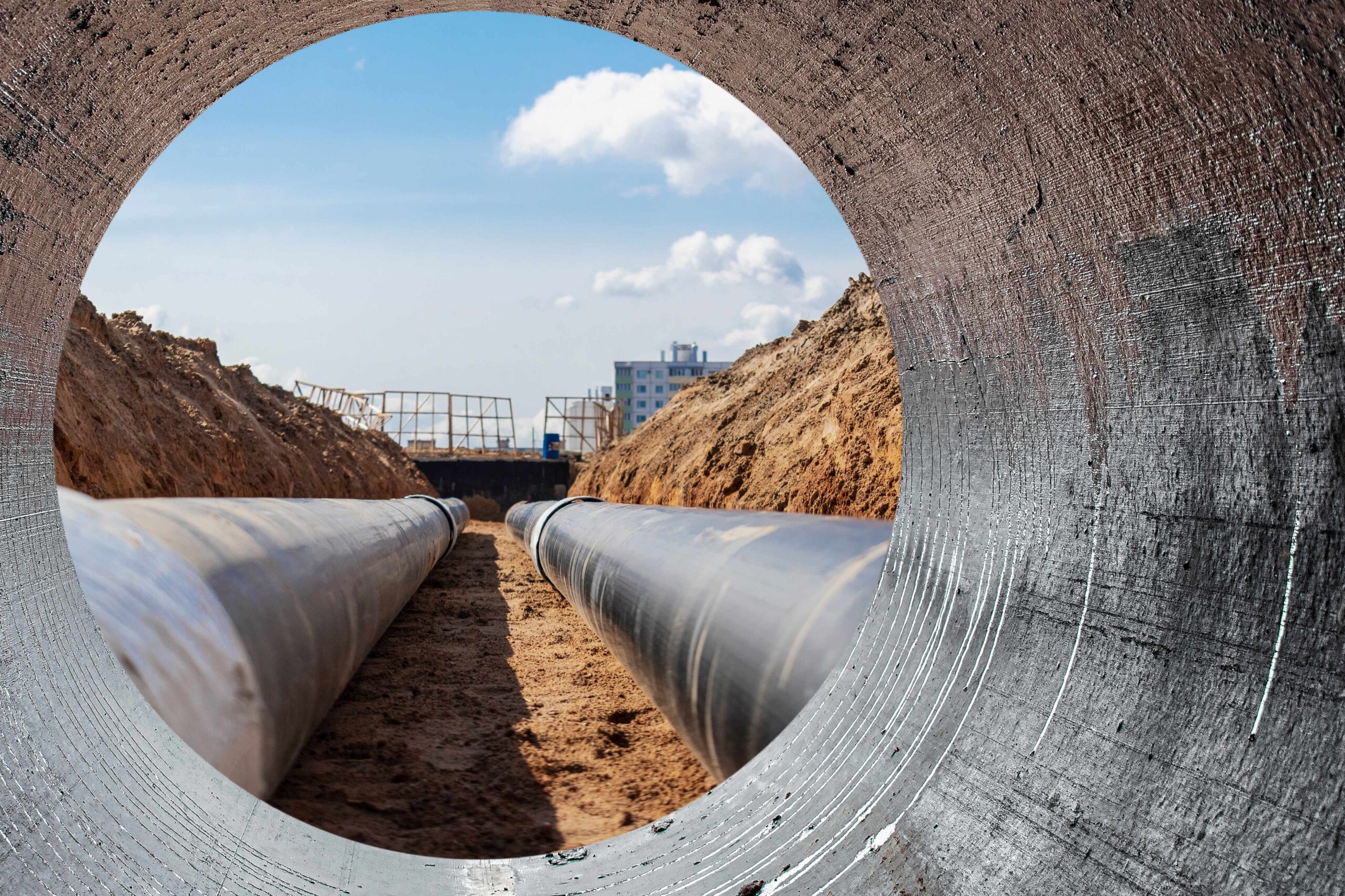
Key Considerations When Selling an Underground Maintenance Business
In any industry, there are always specific nuances, pitfalls, and value drivers that a seller should carefully consider both ahead of and during a sale process. The underground maintenance space is no exception. Oftentimes, these may not be the same matters that keep a business owner or management team up at night when they are focused on day-to-day operations, so it is common for these key considerations to go overlooked when considering a business from the perspective of an operator rather than a purchaser.
When contemplating a sale, it’s important to think like a buyer, and the issues below will undoubtedly be top of mind for any experienced acquirer of underground maintenance companies.
Don’t Overlook Bonding
A majority of underground maintenance companies service at least some municipal customers, and when you are talking about municipal work, you are also likely talking about surety bonds. Surety bonds can be a majorly complicating factor when considering a sale.
Bonding companies tend to be more than a little old school in nature, and changes of control make them wary, but they become especially nervous when debt is involved. Lenders, who are also typically cut from conservative cloth, are not particularly fond of bonded businesses either. This creates a less-than-favorable rock-and-a-hard-place scenario when trying to structure a leveraged buyout of a bonded business; some lenders view bonds as debt and will limit their exposure to bonded businesses, and many sureties are also less willing to support a leveraged company.
To give a seller the best chance of navigating this complex issue, it is important to be up front with a company’s bonding requirements so the issue can be evaluated by buyers and their lenders early in a sale process. Having multiple alternative buyers, lenders, and sureties in the conversation also ensures maximum optionality, since tolerance for this issue varies considerably from group to group.
Consider CAPEX & Equipment Fleet Condition
Underground maintenance is an equipment-intensive business, so CAPEX spend is crucial for both maintaining existing equipment and growing a company’s footprint. Buyers will look closely at an underground maintenance company’s CAPEX history and equipment fleet condition.
When considering a sale, it is beneficial to keep a detailed record of CAPEX purchases, and to do your best to differentiate between purchases aimed at maintaining existing operations (i.e. repairing or replacing broken equipment, regular facility maintenance, etc.) and investments in a company’s growth (new equipment to support an additional crew, construction of a new branch facility, etc.). Additionally, it is important to ensure that the company’s equipment fleet is well-maintained and refreshed at regular intervals. Buyers will typically investigate the age and condition of an underground maintenance company’s equipment and may attempt to reduce purchase price if they feel that equipment is too old or under-maintained.
Safety and Quality Record Matters
Both buyers and operators would likely agree on the critical importance of safety and quality to the reputation of any underground maintenance business. A strong safety program is a must-have in this industry, and buyers will carefully vet an acquisition target’s safety record and key safety stats, such as Total Recordable Incident Rate (TRIR) and workers comp. Experience Modification (MOD) Rating.
Buyers will typically view TRIRs or MOD rates that are higher than 1.0 as unfavorable, so it is important that a seller be prepared to explain the drivers behind even slightly above-average ratings. Having a comprehensive, professional, and consistently applied safety program and a strong “safety culture” already in place goes a long way toward increasing buyer interest, since both can be very difficult for a new owner to build completely from scratch.
The same can be said for quality. A strong reputation for quality service and consistent performance is a must-have for most buyers, who will utilize market studies, discussions with management, and conversations with customers during their due diligence process to vet a company’s performance and quality record.
Repeat Work is Very Valuable
While underground maintenance and rehabilitation is typically done on a fixed-bid, project-by-project basis (especially when serving municipal customers), that does not mean it is an entirely non-recurring customer base. A company’s ability to demonstrate repeat work for a consistent customer base is extremely valuable to buyers and helps to highlight both the specific company’s quality and market position, as well as the generally critical, recurring nature of underground maintenance work. If your underground maintenance company is called on to perform repeat work for the same municipalities year-after-year, it shows that you must be doing something right. Added points if you are able to occasionally receive proprietary work that isn’t put out to bid and/or have multi-year maintenance contracts with certain customers.